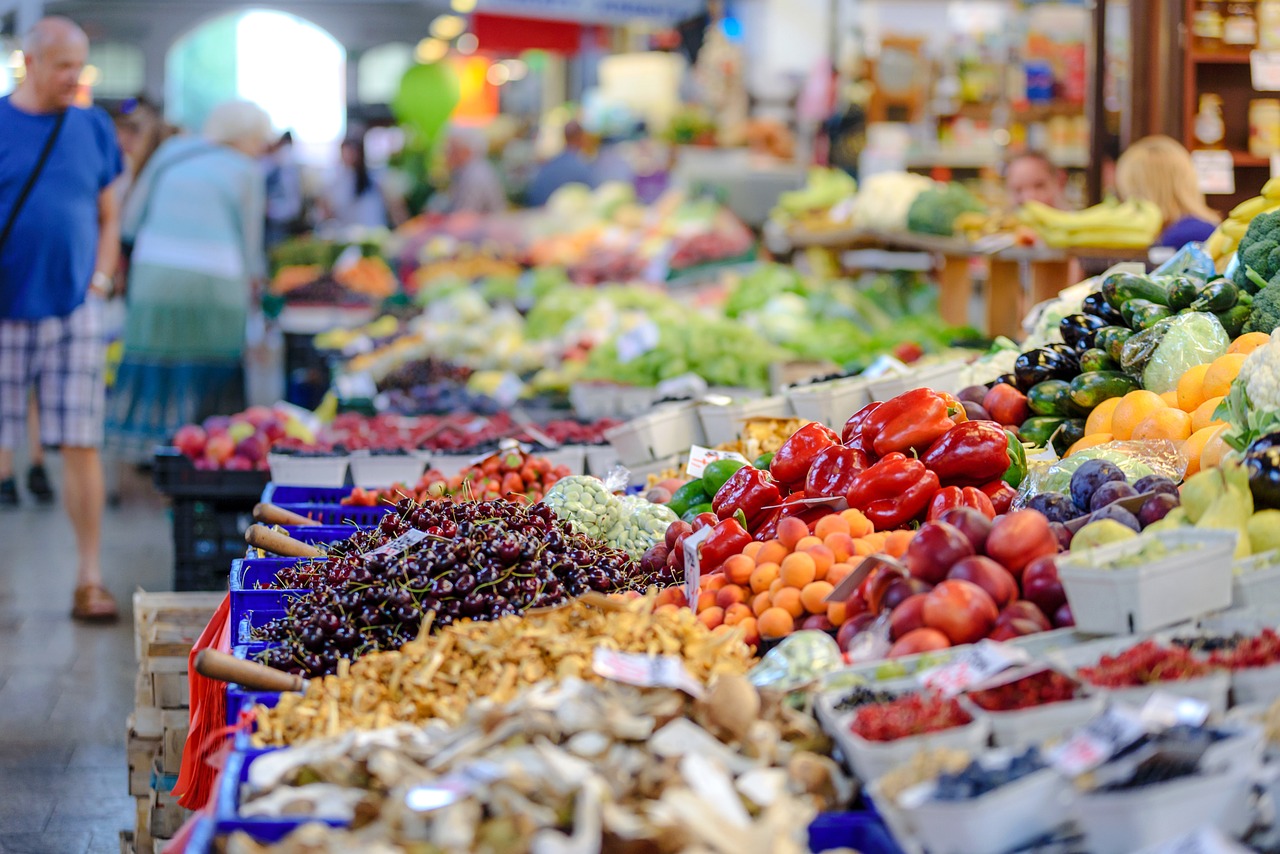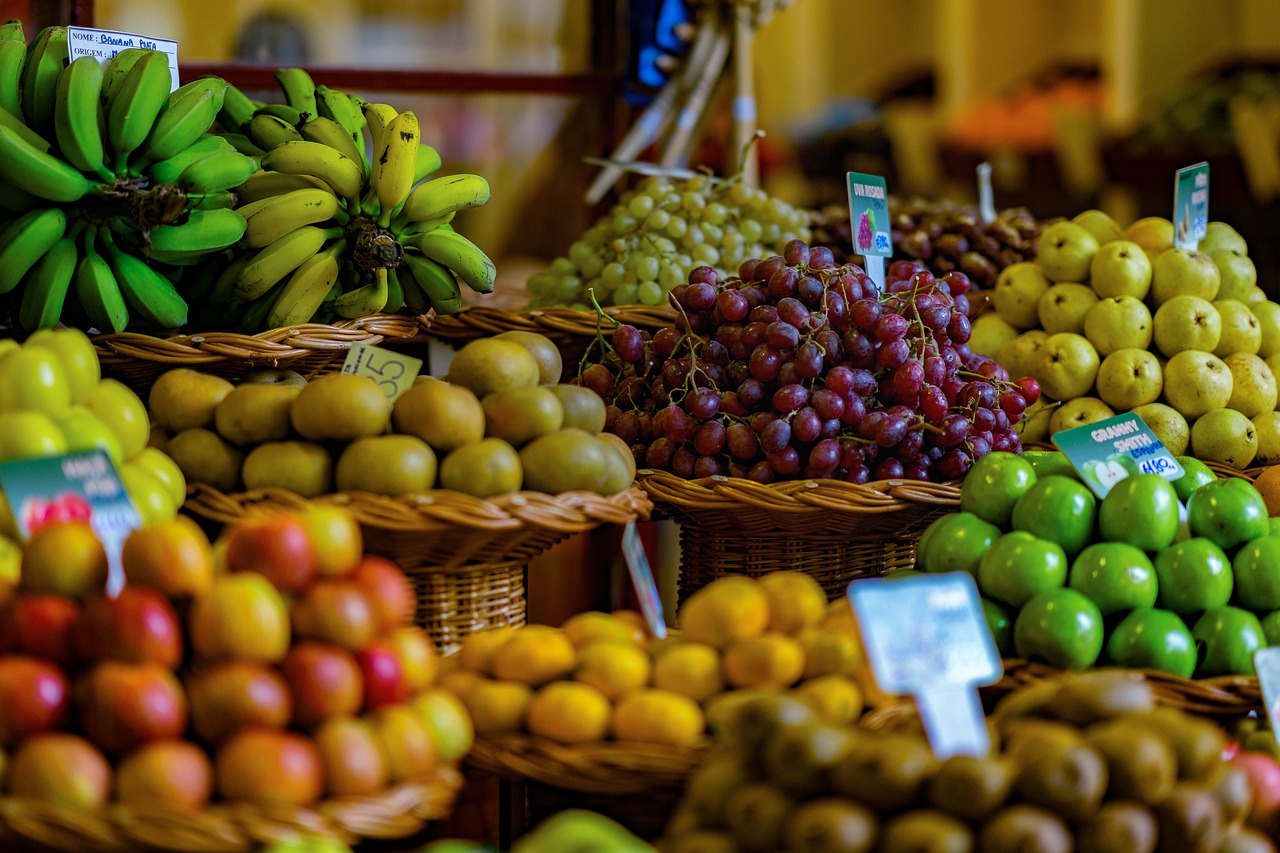
In recent months, the two politicians consulted with different organizations.Continue reading

Only 10 percent of Hungarians eat recommended amount of fruit and vegetables (400g) by the World Health Organization (WHO), according to a recent representative survey conducted as part of STADA’s Seedling Program (“STADA Palánta”). In fact, based on the survey, only one in two of our fellow citizens are aware of good nutrition and the WHO recommendations, reports Világgazdaság.
Rhubarb, currants, sour cherries, raspberries, cherries, gooseberries, tomatoes, kohlrabi, beetroot, zucchini, cauliflower, and many other fruits and vegetables are in season in June. The representative survey was carried out in May this year among 1,168 people aged 16-59 with a smartphone in Hungary, according to age, gender, education, and place of residence.
Among other things, the survey reveals that 23 percent of Hungarians grow vegetables and fruit, either in a garden or in a balcony box.
The responses also show that a large majority (90 percent) are aware of when fruits and vegetables are in season, and two thirds of them consider this important.
A smaller proportion – 15 percent of those surveyed – choose seasonal products, while one in two Hungarians prefer to buy seasonal products, but not exclusively. Around a quarter of respondents admit to knowing when fruit and vegetables are in season, but most do not bother and buy what they want. In addition, one in ten Hungarians purchase products that are cheap.
The majority of respondents (71 percent) buy their fruit and vegetables from hypermarkets and supermarkets, and almost one in two Hungarians buy from a greengrocer.
Many people also buy fruit and vegetables directly from the producer: 37 percent at markets and six percent from a growers’ association. Most people, 35 percent, choose producers because they avoid unnecessary packaging, while 34 percent think that the food they buy is tastier, and three out of ten like the atmosphere of markets. According to representative research carried out as part of STADA’s Seedling Program, 25 percent of Hungarians think it is important to support local producers with their purchases.
The results of a recent survey show that only half of Hungarians are aware of the World Health Organization’s recommendation to eat at least 400g of fruit and vegetables a day.
However, even among them, only one in five consume the recommended amount.
This means that nine out of ten Hungarians do not eat at least five portions of fruit and vegetables a day.

Photo via Pixabay.
“We were surprised to find that only 39 percent of people think that introducing children to more fruit and vegetables from a very young age will make it natural for them to eat them every day. We think it is worth starting health education as early as possible, Orsolya Villányi, STADA Culture&People Manager, said in connection with the data.
That is why, in the framework of their Seedling Program, they are teaching kindergarten children, in cooperation with the Responsible Dining organization and Civil Impact, to recognize and appreciate seasonal local vegetables and fruits, to learn how far exotic fruits come from, and even what impact they have on the environment.

A game about fruit and vegetables in a kindergarten. Photo via Facebook/Civil Impact Nonprofit Kft
Via Világgazdaság; Featured image via Pixabay